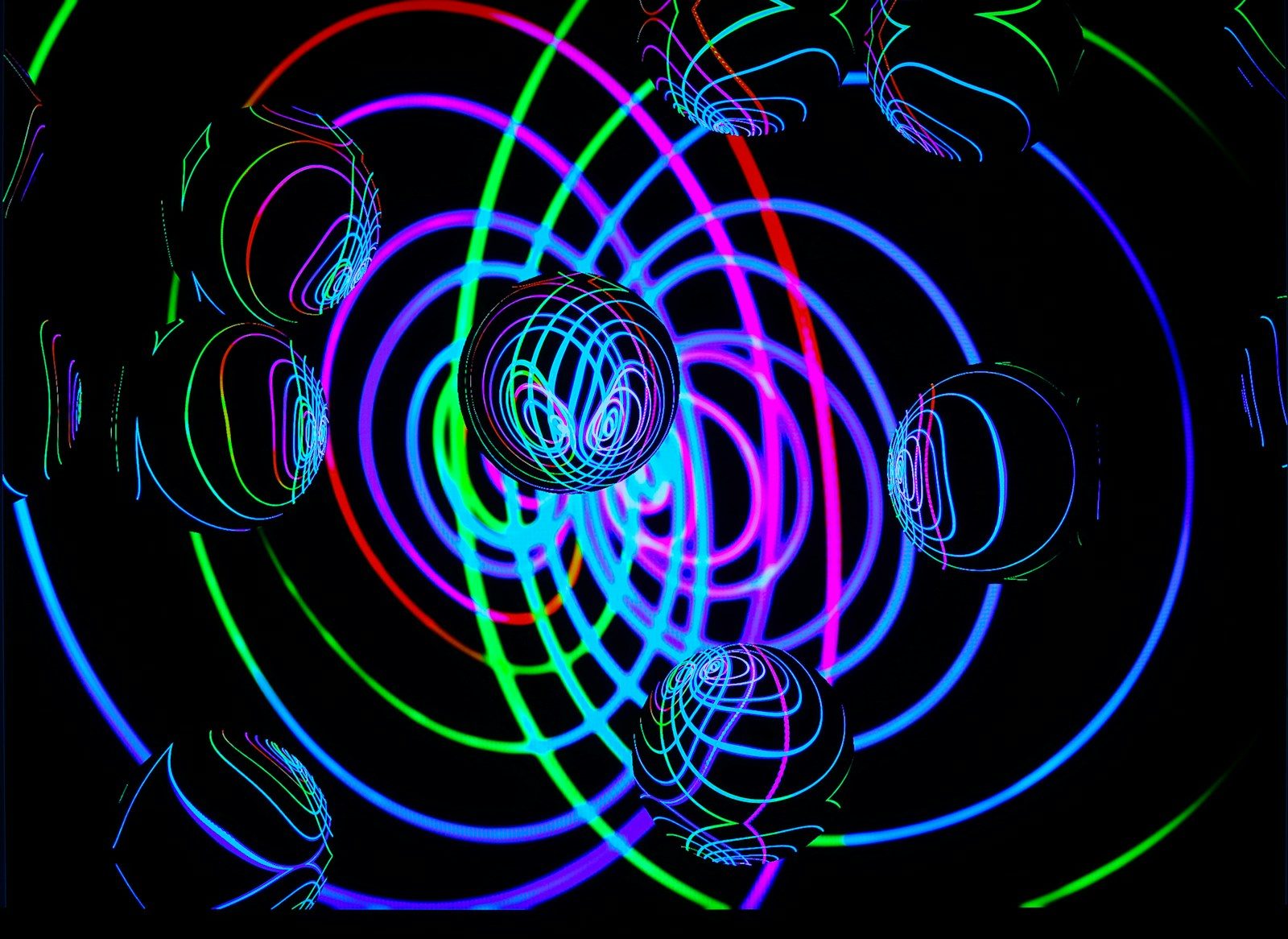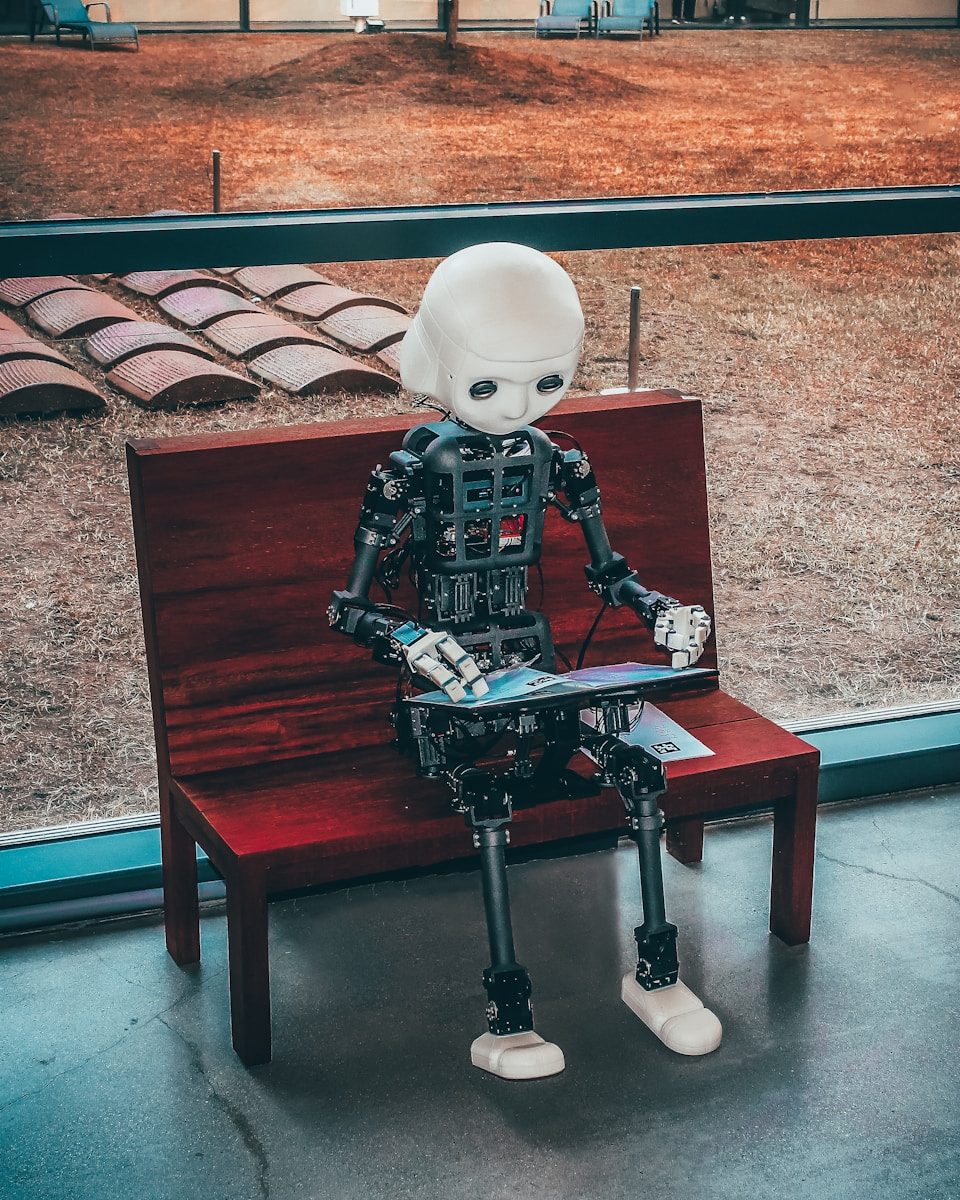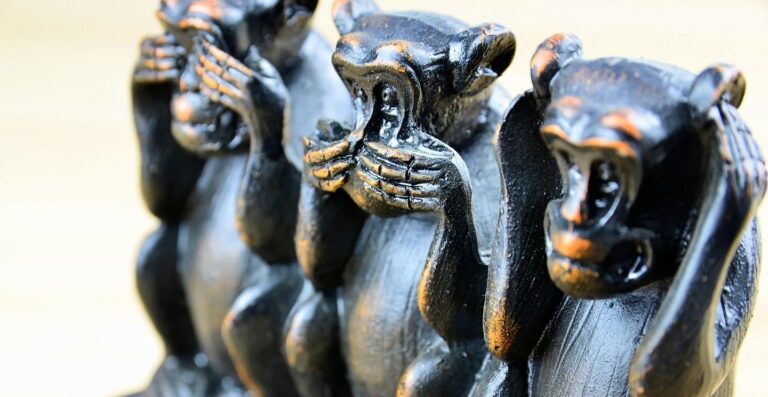Our Conscious Universe: Part IV
By Ryan Castle
In previous installments of “Our Conscious Universe” series, we have explored the presence of consciousness in animals, plants, and even entire ecosystems. But why is consciousness such a pervasive condition in the universe? Is it merely a matter of defining consciousness too broadly? On the contrary, scientific research suggests that consciousness may underpin many of the building blocks of our reality. This article will dive into some deep waters, but we hope you will stay with us until we reach the bottom of the matter.
The laws of classical physics govern the parts of our universe that we can see and easily understand, but it is quantum mechanics that is critical in differentiating our universe’s potentiality from reality. Quantum theory is famous for the concept of superposition, which posits that every possible reality exists simultaneously, only collapsing into a single reality upon conscious observation. This idea has captivated quantum physicists and philosophers for decades, raising profound questions about the role of the conscious observer.
Initially, researchers questioned why consciousness impacted quantum functioning. Over time, however, scientists began to wonder if they had it backward, and explored whether quantum superposition might be the genesis of consciousness itself. The Penrose-Hameroff theory proposes that conscious experience emerges through the collapse of superposition; according to this theory, our perception of reality is formed by an infinitely dense series of quantum collapses, akin to how a film is composed of thousands of subtly changing snapshots.[i]
More recent examinations by physicists and anesthesiologists have suggested modifications to this idea, proposing that the formation of potentiality may cause consciousness, rather than the collapse of the potentialities. In either case the theory that it is not our consciousness that creates the collapse of superposition, but superposition that creates our consciousness is a provocative and profound one. [ii] This idea is more than an intellectual exercise.[iii] Numerous experiments have explored its facets, including studies on how different quantum states of anesthetic chemicals like xenon affect conscious experiences.[iv] Meanwhile, other scientists are exploring how synthetic, computer-aided observation of quantum collapses could be linked to the human brain, supporting the idea that is the scale of quantum engagement that determines consciousness, not the mechanism of the brain itself. [v]
Beyond quantum implications, consciousness extends to our broader world, transcending humans, animals, plants, or any organic entity. Researchers have proposed that it is the complexity and density of energy within systems that give rise to conscious experience.[vi] In simpler terms, any sufficiently complex system can experience consciousness on a large enough, interconnected scale.[vii] Humans are not separate from this system but are intrinsic and inseparable from the quantum functioning of the universe. As famously stated, “we are the universe experiencing itself.”
What are the implications of this beyond a fascinating mathematical or philosophical exercise? Recognizing that animals and other living things possess consciousness is a beginning, but to solely on living entities introduces a limiting bias. Organic life is essentially a series of chemical reactions, but it is the superposition and experience of quantum reality that determines consciousness, not the organic materials. Consciousness extends beyond the confines of our skull and does not require brain matter to exist.
These realizations carry profound implications. Philosophically, they support the idea of non-duality, suggesting that the universe is part of a vast interconnected system.[viii] While some parts of the universe, such as humans, are more aware than others, the entire system is intrinsically conscious. But on a more immediate and practical level, these ideas raise important questions about artificial intelligence.[ix] If organic biology is not a prerequisite for consciousness, at what point can AI be considered conscious or sentient? Have we already crossed that threshold? What should we do if and when we realize we have? These questions will be the focus of our next installment.
The journey into understanding consciousness is not just about expanding our scientific knowledge; it is about redefining our place within the universe and recognizing the deep connections that bind all of existence. The quantum reaction that creates reality itself is also creating the consciousness reading this article now. If that sentence doesn’t leave you humbled, I invite you to read it again.
References
[i] Hameroff, S. R., & Penrose, R. (2017). Consciousness in the universe an updated review of the “orch or” theory. Biophysics of Consciousness: A Foundational Approach, 517-599.
[ii] Li, T., Tang, H., Zhu, J., & Zhang, J. H. (2019). The finer scale of consciousness: quantum theory. Annals of translational medicine, 7(20).
[iii] Craddock, T. J., Hameroff, S. R., Ayoub, A. T., Klobukowski, M., & Tuszynski, J. A. (2015). Anesthetics act in quantum channels in brain microtubules to prevent consciousness. Current topics in medicinal chemistry, 15(6), 523–533. https://doi.org/10.2174/1568026615666150225104543
[iv] Li, N., Lu, D., Yang, L., Tao, H., Xu, Y., Wang, C., Fu, L., Liu, H., Chummum, Y., & Zhang, S. (2018). Nuclear Spin Attenuates the Anesthetic Potency of Xenon Isotopes in Mice: Implications for the Mechanisms of Anesthesia and Consciousness. Anesthesiology, 129(2), 271–277. https://doi.org/10.1097/ALN.0000000000002226
[v] Neven, H., Zalcman, A., Read, P., Kosik, K. S., van der Molen, T., Bouwmeester, D., … & Koch, C. (2024). Testing the Conjecture That Quantum Processes Create Conscious Experience. Entropy, 26(6), 460.
[vi] Oizumi, M., Albantakis, L., & Tononi, G. (2014). From the phenomenology to the mechanisms of consciousness: integrated information theory 3.0. PLoS computational biology, 10(5), e1003588.
[vii] Castle, R. (2016). Factors For Identifying Non-Anthropic Conscious Systems. Cosmos & History, 12(2).
[viii] Schwarz, E. (2004, August). Is consciousness reality or illusion? A non‐dualist interpretation of consciousness. In AIP Conference Proceedings (Vol. 718, No. 1, pp. 425-434). American Institute of Physics.
[ix] Torrance, S. (2008). Ethics and consciousness in artificial agents. Ai & Society, 22, 495-521.






